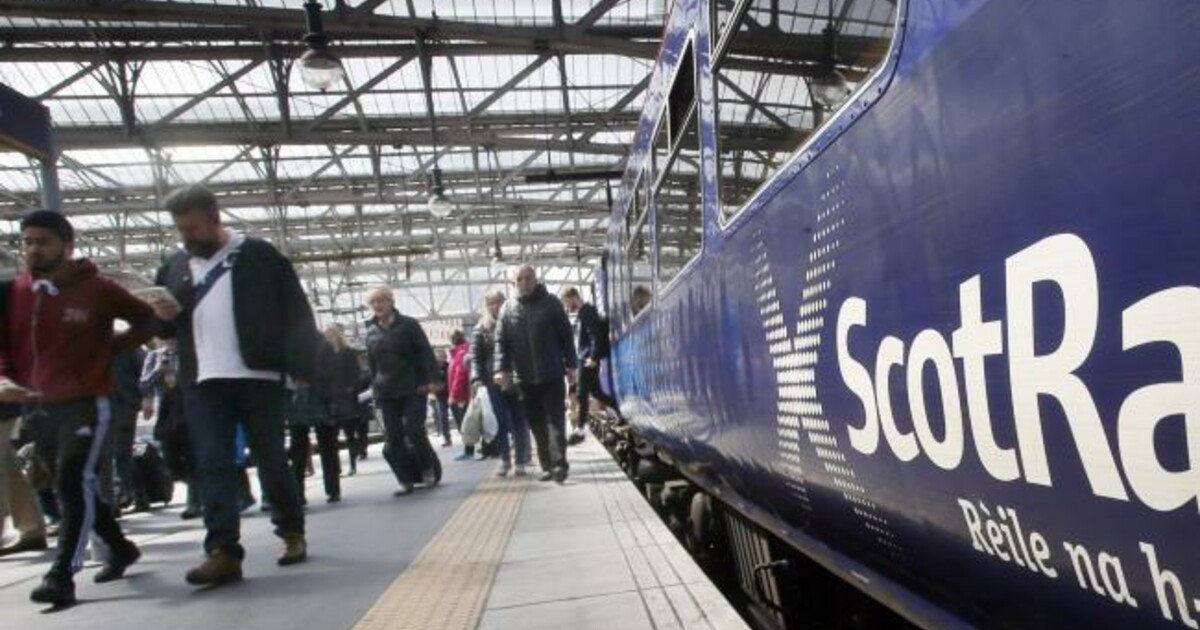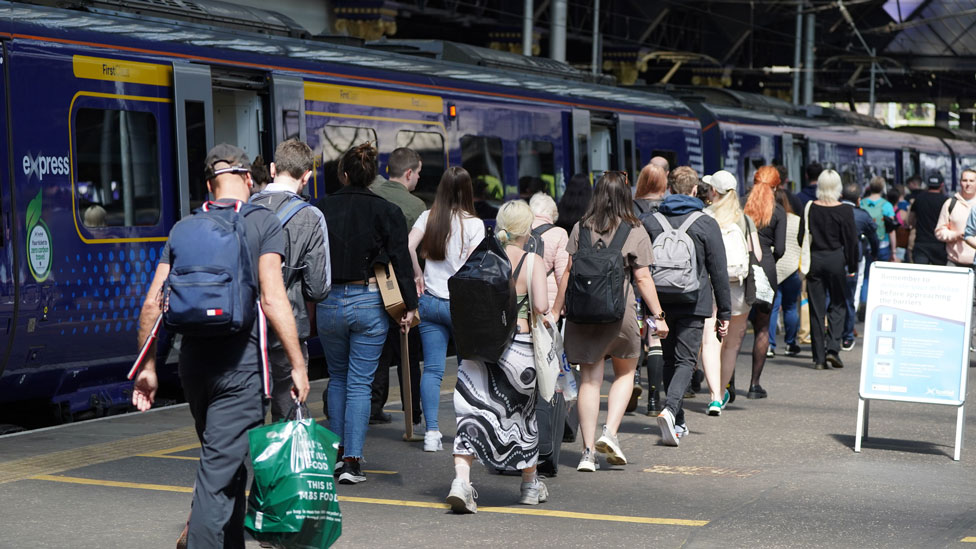
Labour organisations and opposition parties were critical of the decision to end the pilot programme for a year due to financial concerns.
Following the failure of an experiment with flat rate charges to dramatically improve passenger numbers, Scottish officials have decided to reverse the decision and reinstate peak rail fares across the entire country.
The Scottish administration was accused of presiding over a shambolic rail service and of failing to sufficiently address the climate problem, while trade unions and opposition parties attacked the move and accused the government of failing to appropriately address the climate crisis.
Within the framework of the power-sharing agreement between the Scottish National Party and the Scottish Greens, a pilot programme that would eliminate peak fares for a period of one year was implemented. Its purpose was to persuade individuals to reduce their reliance on automobiles and to help alleviate the rising cost of living.
According to information provided by the government agency Transport Scotland, the number of vehicles owned reached an all-time high of 3.09 million in the year 2022. Of these, 82% were automobiles, and 75% of families in Scotland had access to one or more automobiles.
The United Kingdom Committee on Climate Change, which is an official advisory body, stated earlier this year that Scotland’s climate targets were “no longer credible.” This was in part due to the fact that ministers had failed to demonstrate how they would reduce the number of car kilometres by twenty percent by the year 2030.

The Scottish transport secretary, Fiona Hyslop, disclosed on Tuesday that the experiment had only increased rail usage by 6.8%, at a cost of £40 million. The test had mostly benefited passengers who were more financially secure and who used trains on a regular basis more often.
Given the tremendous financial strains that ministers are presently under, she stated that the number of passengers required to increase by at least ten percent in order for it to become self-financing. Furthermore, she stated that the additional subsidy was currently expensive.
The effect of this is that beginning on September 27th, peak rates will be reinstated across all ScotRail services, which will result in an increase in the price of a return ticket between Edinburgh and Glasgow to £31.40. As an additional measure to mitigate the impact, Hyslop suggested offering a discount on yearly season tickets as well as multi-buy tickets.
“During the crisis in the cost of living, the pilot will have been very helpful in saving many passengers hundreds of pounds and, in some cases, thousands of pounds,” she added. “However, this level of subsidy cannot continue in the current financial climate on that measure alone.”
Both the Scottish Trades Union Congress (TUC) and the Rail Union of Scotland (Aslef) have expressed their belief that the elimination of flat-rate tickets would be both shortsighted and regressive.
The transport spokesperson for Scottish Labour, Alex Rowley, stated that ScotRail services had been left in turmoil as a result of cuts to rail services and changes to timetables due to a shortage of drivers. This shortage of drivers was partially to blame for the low number of people who took advantage of flat-rate fees.